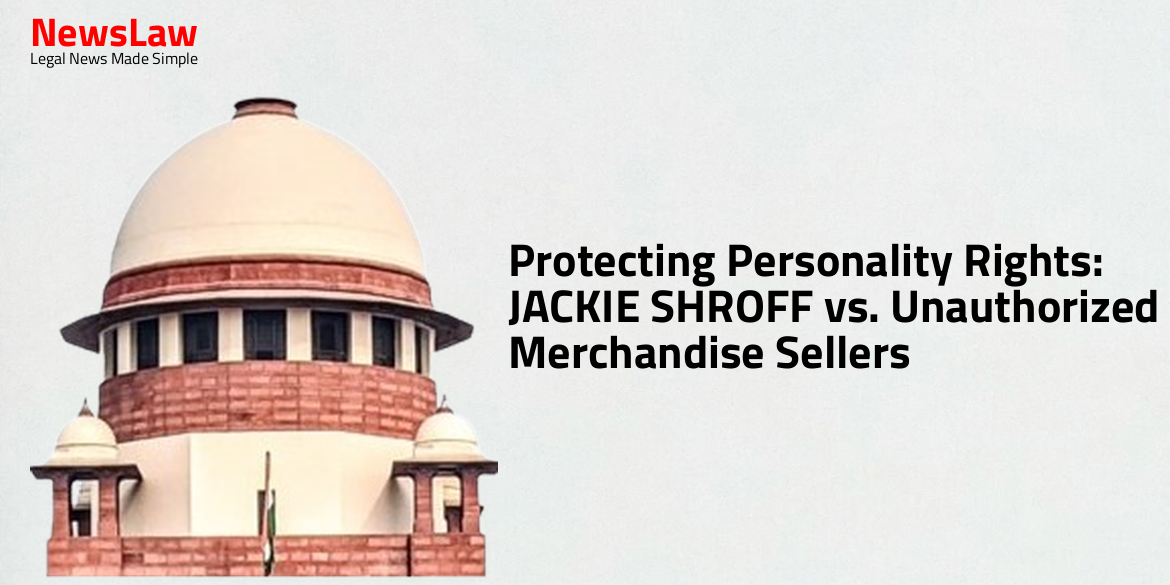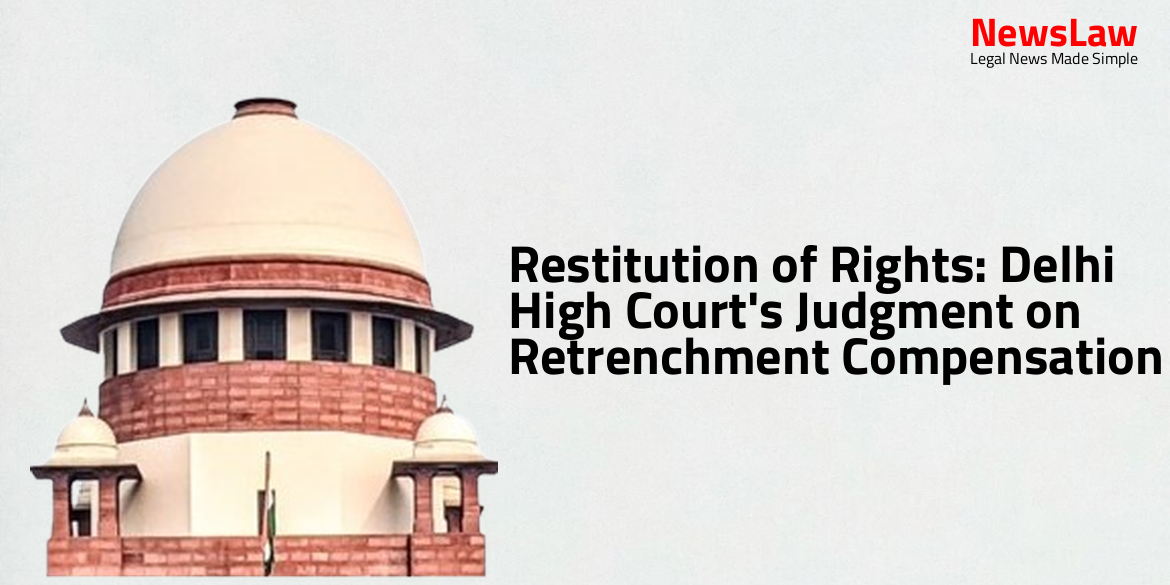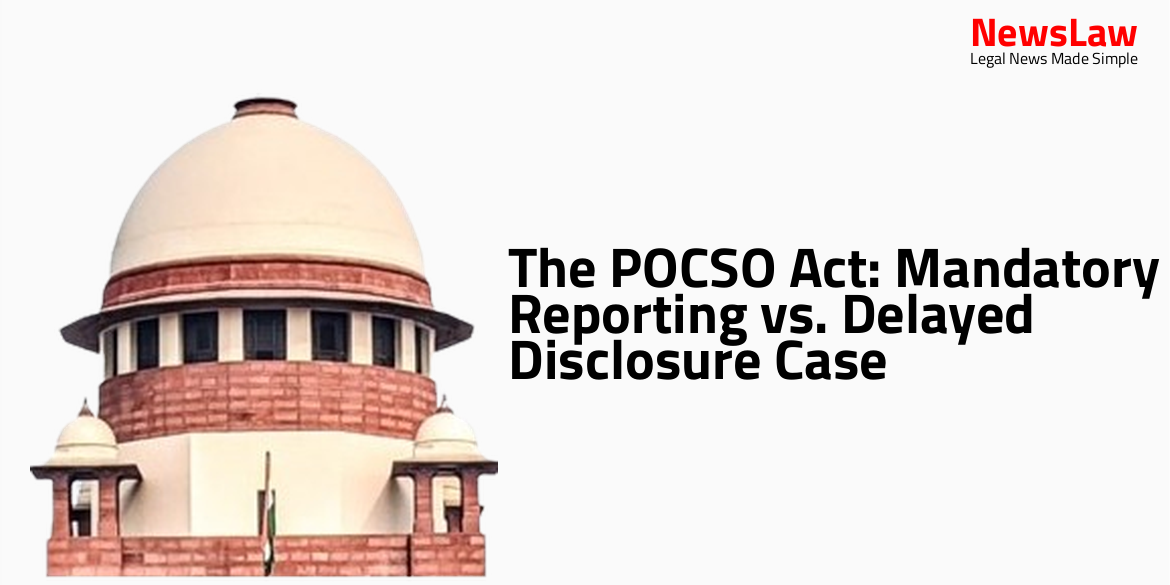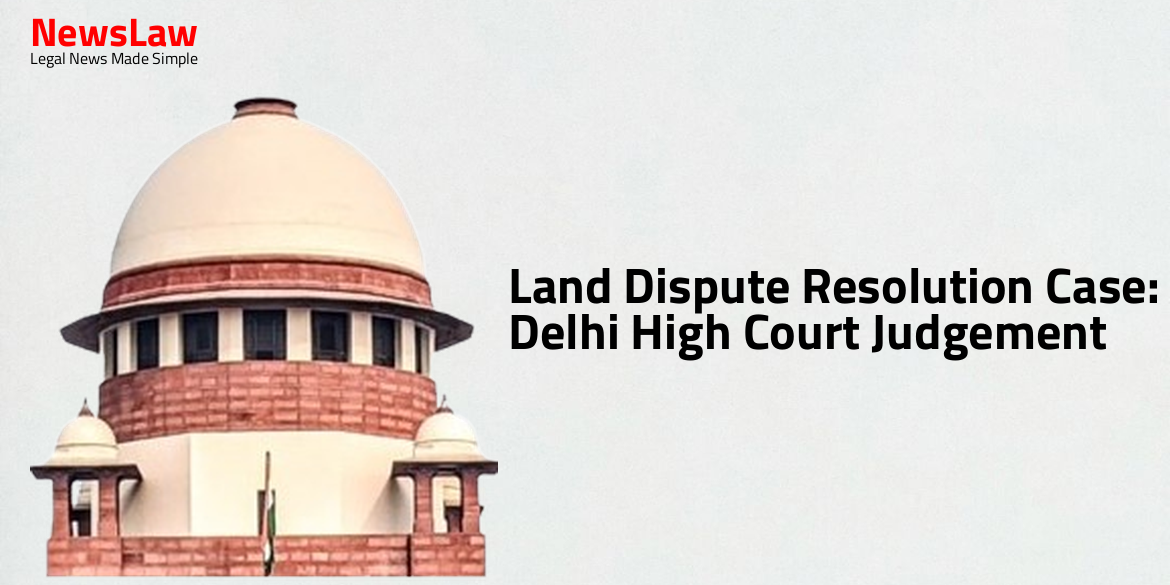Delhi High Court delivers a significant judgment in the case of Jackie Shroff vs. Unauthorized Merchandise Sellers, setting a precedent for safeguarding personality rights in the entertainment industry. Explore the legal battle that unfolded as the court addresses issues of unauthorized use of the renowned actor’s name and image. #PersonalityRights #LegalCase #JackieShroff
Facts
- Plaintiff’s significant contribution to Indian cinema has been acknowledged and celebrated with the Special Honour Jury Award at the Asianet Awards.
- Some of the notable films in which the Plaintiff has acted include ‘Ram Lakhan’, ‘Tridev’, ‘Devdas’, and ‘Parinda’.
- The specific details of the Plaintiff’s work in films and serials are outlined in paragraphs 11 to 18 of the plaint.
Arguments
- The Plaintiff, Mr. Jaikishan Kakubhai Shroff, a renowned Indian actor, has filed a lawsuit to protect his name, image, likeness, voice, and other unique attributes from unauthorized use over the internet.
- Mr. Shroff has received multiple awards, including a National Award and Filmfare Awards, establishing his status as a celebrity in the Indian film industry.
- The Plaintiff has invested significant time and effort to build his goodwill and reputation associated with the name ‘JACKIE SHROFF’ within the entertainment industry.
- Multiple legal rights are asserted by the Plaintiff, including Personality Rights, Copyright in various works, Common law rights, and Trademark infringement over registered marks ‘BHIDU.’
- The lawsuit targets specific Defendants involved in selling infringing merchandise, creating unauthorized videos, operating unlicensed AI chatbots, and selling infringing wallpapers using the name ‘Jackie Shroff.’
- The Plaintiff’s commercial endorsements leverage his personality, name, voice, image, mannerisms, and other identifiable characteristics, over which he exercises exclusive control.
- The Plaintiff’s public persona includes his various attributes, and any unauthorized use of these elements infringes upon his exclusive rights.
- Mr. Shroff’s objections against certain Defendants revolve around the unauthorized use of his name, image, and likeness in wall art, videos, and other merchandise.
- The Plaintiff has registered marks for ‘BHIDU’ in different classes and asserts rights over these trademarks to prevent infringement.
- Various arguments are presented by the Plaintiff’s Counsel and the Counsel for the Defendants regarding the alleged infringements and the need for protection of the Plaintiff’s rights.
- The Court carefully considers these submissions to determine the validity of the Plaintiff’s claims and the actions of the Defendants.
- Mr. Anand, representing the Plaintiff, argues that the video featuring Jackie Shroff titled ‘JACKIE SHROFF IS SAVAGE (*), JACKIE SHROFF THUG LIFE!’ has been edited in a derogatory manner, misrepresenting Mr. Shroff and tarnishing his reputation.
- The term ‘Thug Life’ commonly used in rap music and youth slang is explained to have a determined and resilient attitude to succeed in life in spite of racism and injustice.
- The use of the term ‘Thug Life’ in the video is argued to be misleading as it is meant to highlight moments of cleverness or resistance, framing the individual as admirable rather than nefarious.
- Defendant No 2, an online e-commerce store ‘Frankly Wearing,’ is brought into question for selling merchandise using Plaintiff’s photograph and name.
- Counsel for Defendant No 2 has stated that they have taken down the infringing listings and do not intend to use the Plaintiff’s name or photographs in the future.
Analysis
- The right of publicity safeguards individuals from unauthorized exploitation of their personality attributes.
- Protected attributes include name, image, voice, and others that are distinctive to the individual.
- Unauthorized use of these attributes can result in unjustified commercial benefit for another party.
- Such exploitation infringes on the individual’s rights over their own persona.
- Defendant No 13 is hosting an unlicensed chatbot of the Plaintiff, violating the Plaintiff’s personality rights.
- Defendant No 14 is selling wallpapers of the Plaintiff without authorization, infringing on the Plaintiff’s personality/publicity rights.
- Defendant No 5 is producing videos that could be seen as a tribute to the Plaintiff’s assertive demeanor, not necessarily derogatory.
- Defendant No 6 and 7 have created videos with distortions that are prejudicial to the Plaintiff’s reputation.
- Defendant Nos. 3 and 4 are operating e-commerce websites selling merchandise using the Plaintiff’s name and images without consent, infringing on the Plaintiff’s personality rights.
- The Plaintiff has established a prima facie case for grant of an ex-parte injunction against the mentioned Defendants.
- The balancing of interests between economic expression and the Plaintiff’s personality rights is crucial in determining the relief to be granted.
- The Court is considering the popularity and viewership of the videos in question on YouTube as a factor in the decision-making process.
- An ad-interim injunction is sought against Defendants engaging in activities that tarnish the Plaintiff’s reputation and violate personality rights.
- The balance of convenience favors the Plaintiff against Defendants engaging in infringing activities.
- Defendant Nos. 6-7 and/or persons claiming through them are restrained from distorting videos of the Plaintiff.
- Distorting videos of the Plaintiff tarnishes his reputation and violates his moral rights.
- Such distortion should not be done for any commercial purpose without the Plaintiff’s consent or authorization.
Decision
- Department of Telecommunications (DoT) and the Ministry of Electronics and Information Technology (MeitY) are directed to issue necessary directions to block infringing URLs within one week.
- Notice to be issued to the remaining Defendants upon filing of process fee.
- Remaining Defendants to file a reply within four weeks of service.
- Rejoinder to be filed within two weeks after the reply.
- Next hearing scheduled on 15 October, 2024.
- Exhibits to be marked before the Joint Registrar on 07 August, 2024.
- Counsel for Defendants mentioned in appearance to accept notice.
Case Title: JAIKISHAN KAKUBHAI SARAF ALIAS JACKIE SHROFF Vs. THE PEPPY STORE & ORS. (2024:DHC:4046)
Case Number: CS(COMM)-389/2024



